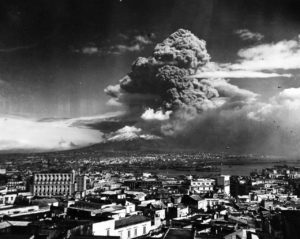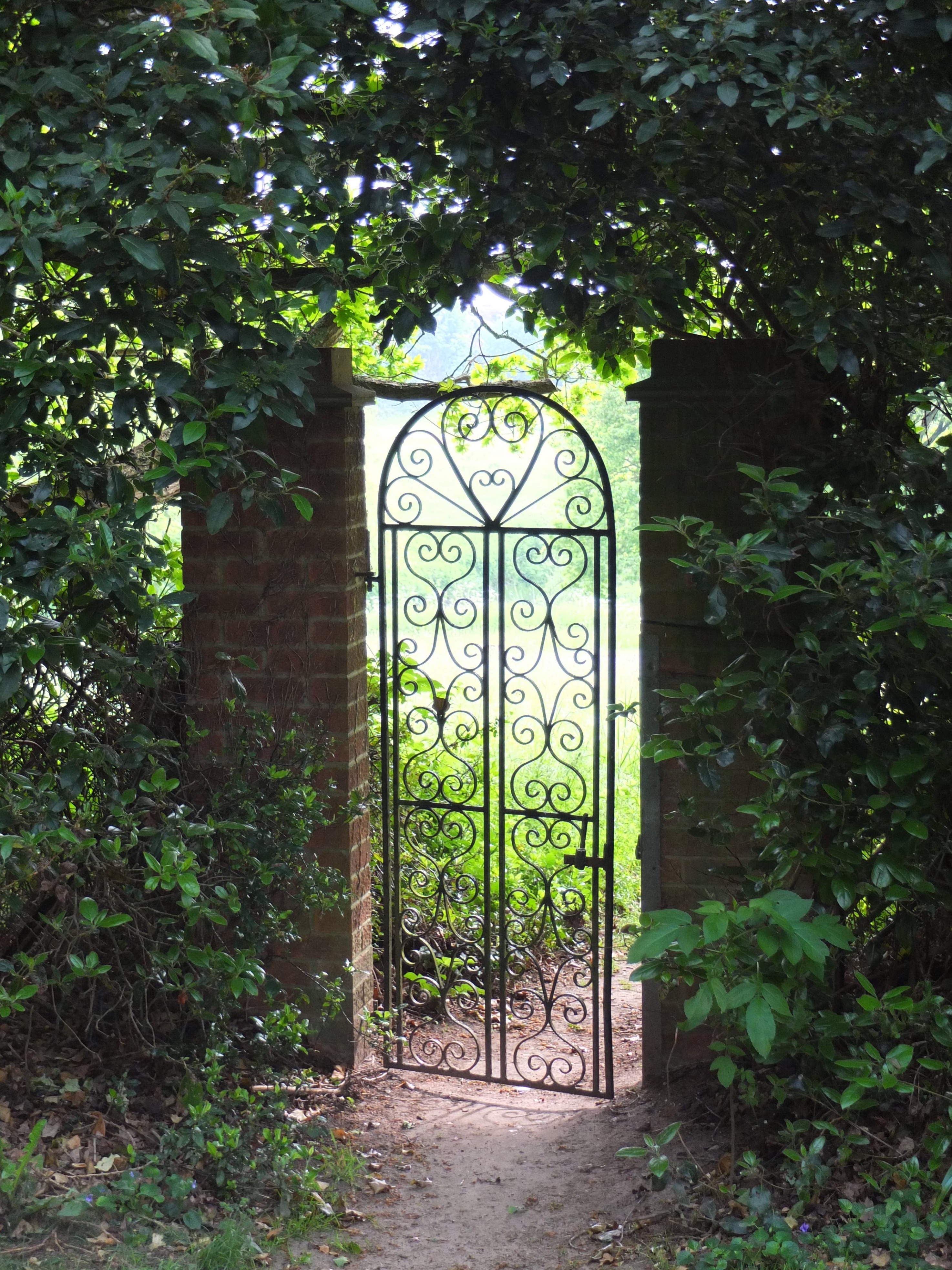 In my last post I wrote – probably somewhat unexpectedly – about Norman Lewis’s diary of his time working for British Army Intelligence in southern Italy during the Second World War, the which was published at the end of the 70s under the title – “Napoli ’44“. I did not explain in that post how I came to the topic, promising that fascinating titbit instead for this follow-up missive.
In my last post I wrote – probably somewhat unexpectedly – about Norman Lewis’s diary of his time working for British Army Intelligence in southern Italy during the Second World War, the which was published at the end of the 70s under the title – “Napoli ’44“. I did not explain in that post how I came to the topic, promising that fascinating titbit instead for this follow-up missive.
As it happens the book was brought to my attention – as is so often the case with such things – courtesy of the BBC. At the very start of December last year they screened a documentary film entitled “Naples ’44: A Wartime Diary“, the which was – as one might imagine – based upon the book.
The film was in fact made in 2016 by Italian director – Francesco Patierno, himself a Neapolitan – and is a very strange beast in its own right. Patierno was clearly very taken with Lewis’s perceptive and humane memoir of the war years as they affected his birthplace and his screenplay includes extensive selections from the book’s text, narrated by Benedict Cumberbatch.
Patierno assembled an impressive quantity of footage shot in Naples at the end of the war, to which he added dramatised recreations of wartime life and scenes of an actor representing Lewis – who himself died in 2003 – walking through the streets of modern Naples. He also – somewhat controversially – included rather incongruous clips from films such as “The Four Days of Naples“, “Il Re di Poggioreale” and – of all things – “Catch-22“.
To many critics – professional and amateur alike – this somewhat contrived attempt at summoning an atmosphere and creating a mood by means of a collage of no more than tenuously related images and scenes misses the mark dramatically (in all senses!). For me – however – the work had an unexpected resonance – the which I could not at first place. Many of the black and white images in the film reminded me of photos that I had seen as a child in pictorial histories of different elements of the Second World War that my parents had owned.
Then the penny dropped! My father and I had never talked very much about his war-time experiences. I was aware that he had had a ‘good’ war (if such a thing there could possibly be). I believe that he had done his basic training; that they had allowed him to fire a gun once, before rapidly taking it away again (Father’s eyesight and hand/eye co-ordination had been left poor by measles when a child) and that – with his studiousness and banking background – he rapidly found himself working in the military administration, well enough out of harm’s way. He loved languages (and in particular classical ones) and had been eager to travel, so spending much of the later years of the war in southern Italy suited him very well. (He would certainly have loved to have revisited the country subsequently, but never did. My mother did not care to travel and he would not go without her).
So – Father must have been in the region of Naples during the time that Norman Lewis was there and writing his diary. No surprise then that the words and images in Patierno’s odd film struck such a chord.
Now – of course – I must read the book and it is, accordingly, on order from an online bookseller…
Tags: BBC, History, Literature, WW2


Recent Comments